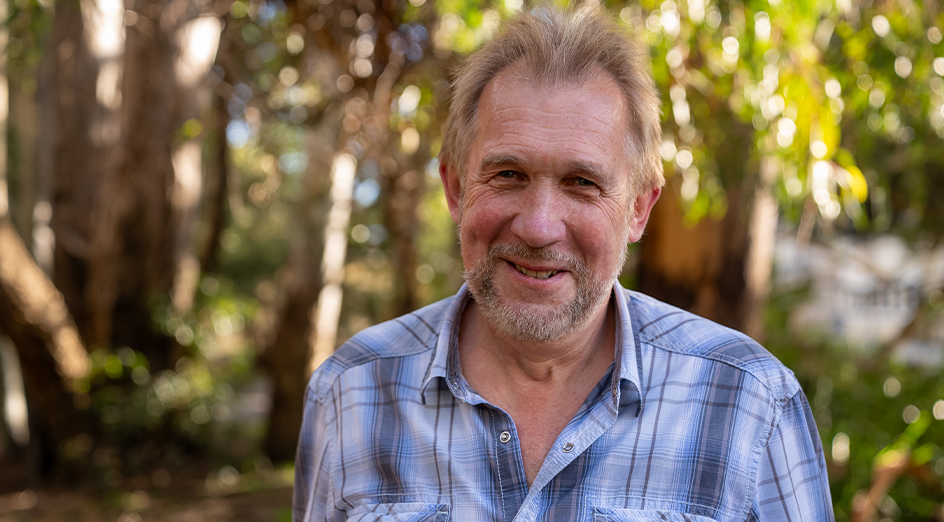A pioneer of world-class technology that measures biological stress in plants has been appointed as a Chair in Plant Physiology at The University of Western Australia.
Professor Sergey Shabala chose UWA to continue the global interdisciplinary research he has led at the University of Tasmania since moving there as a post-doctoral research fellow in 1995.
The highly cited researcher brought with him – in 120 boxes – the world-class research laboratory he has built over the past 20 years, which operates at the forefront of stress biology and membrane transport research.
Professor Shabala revolutionised the once mysterious field of plant stress biology by introducing and applying ‘MIFE’, a trademarked non-invasive tool for studying the adaptive responses of plant cells and tissues to a large number of stresses.
 Image: Professor Sergey Shabala.
Image: Professor Sergey Shabala.
His work has become increasingly important as climate change deepens and as traditional agricultural plant species lose resilience to stresses such as salinity and extreme weather conditions.
Professor Shabala said joining UWA had appealed for a number of reasons.
“I was honoured that a new position was created for me that enables and encourages research work across the University, working with multiple groups and labs,” he said.
“Having previously collaborated with UWA researchers on seminal research in the field of plant stress, I admire the University’s strategic approach to facilitating interdisciplinary scientific study and to committing resources to be at the forefront of modern research.
“And WA itself, with its rich biodiversity, presents a unique source of research material for me in terms of looking at plant adaptability.”
Professor Shabala’s immediate work will tackle the issue of phosphorous use efficiency in crops by examining a unique species of wild barley growing in China.
“Tibetan wild barley grows in the mountains of China at altitudes where there is no phosphorous in the soil, yet it’s growing and thriving,” he said.
“We’re examining this barley’s genes and traits to deliver learnings for Australian agriculture.”
Professor Shabala said there was a growing urgency to doing research of this kind.
“Modern agriculture is based on three elements: nitrogen, phosphate and potassium,” he said.
“Rock phosphate reserves will last until maybe the end of this century and they are not renewable, so what happens after that for agricultural operations is a huge question.
“There is also a significant environmental issue involved in that most phosphorous fertilisers which are added to the paddock end up in nearby streams as plants under stress cannot utilise them. This calls for a major shift in our breeding paradigms.
“We’re at a crossroads of finding and domesticating new crops that are suitable for consumption but which will also retain tolerance.”
